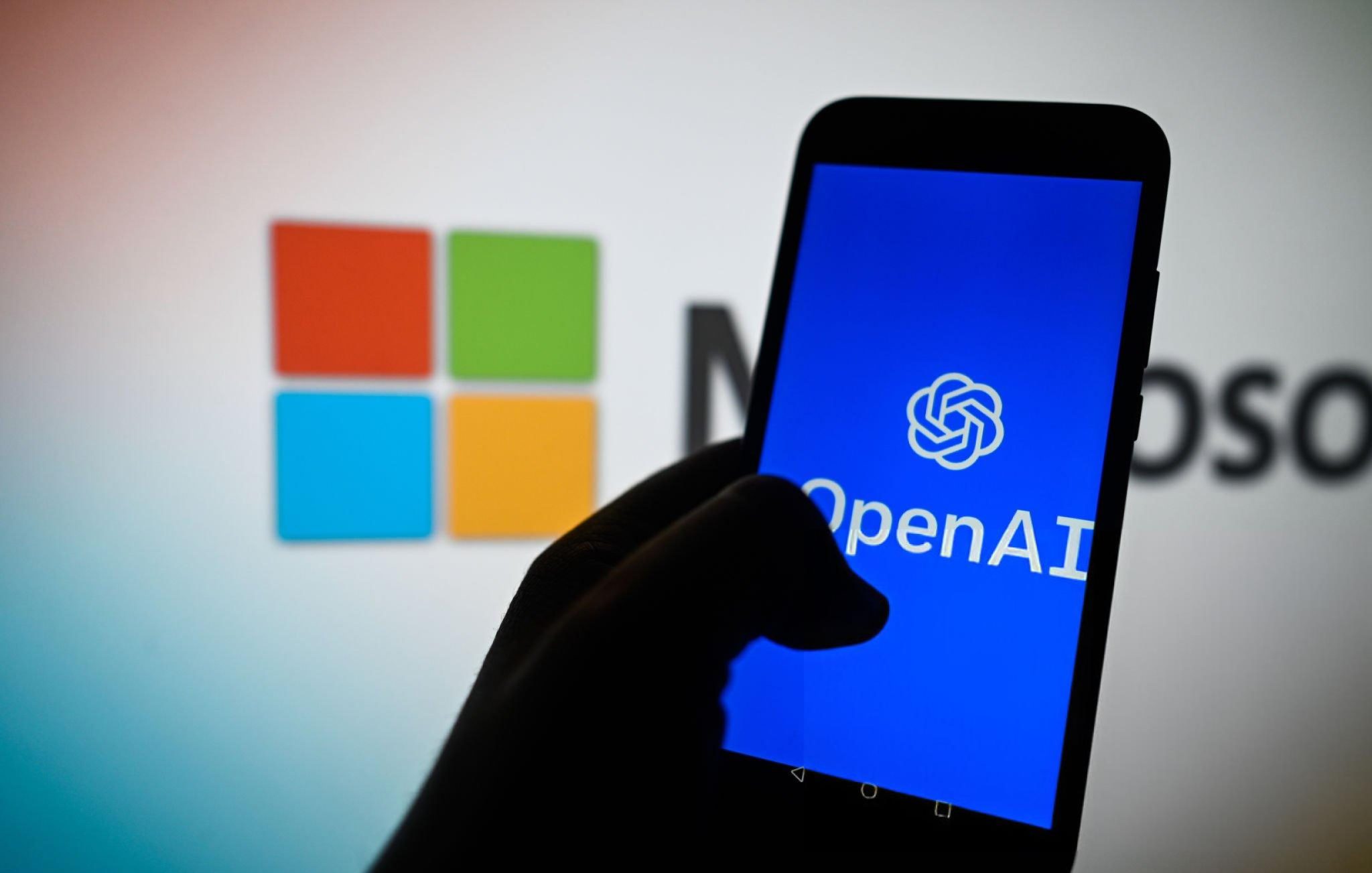By Cade Metzmike Isaac & Erin Griffith
The once-flourishing partnership between Microsoft and OpenAI, which was hailed as a “bromance” by OpenAI’s CEO Sam Altman, is now showing signs of strain due to growing financial pressures and concerns over stability. These tensions are beginning to impact their five-year collaboration as Microsoft reconsiders the extent of its support for the AI start-up amid broader concerns about its dependence on OpenAI.
The partnership began in 2019, when Microsoft made a major $13 billion investment in OpenAI, cementing an exclusive deal that saw the AI start-up relying on Microsoft’s Azure cloud infrastructure for computing power. At the time, the collaboration seemed symbiotic, with OpenAI benefiting from vast computational resources while Microsoft gained a foothold in the rapidly growing AI market. The relationship helped bring about major AI advancements, including OpenAI’s development of the widely popular ChatGPT chatbot.
But that relationship began to shift last November when OpenAI’s board of directors briefly ousted Altman, sparking concerns at Microsoft about the future stability of the start-up. According to four individuals familiar with the situation, OpenAI had approached Microsoft for more investment to help fund its AI operations, with the start-up projecting a $5 billion loss this year. While Microsoft initially appeared open to continuing its financial support, Altman’s brief ousting caused Microsoft CEO Satya Nadella to reassess the company’s long-term reliance on OpenAI.
Financial and strategic strain
As OpenAI has continued to request more funding and computing resources to build and operate its AI systems, Microsoft has reportedly become more cautious. While Microsoft has invested in multiple rounds of OpenAI’s funding, the company’s leadership has grown concerned about its heavy reliance on the start-up, particularly as the costs of running large-scale AI models like those developed by OpenAI continue to skyrocket.
The financial strain has become a growing point of tension. OpenAI is in the process of renegotiating its deal with Microsoft in an effort to reduce operating expenses and secure more computing power. The AI start-up is shouldering the burden of immense infrastructure costs, a necessary investment to remain at the forefront of the AI race, but one that has placed the company under financial duress. As a result, OpenAI’s dependence on Microsoft’s cloud computing services is becoming a source of friction.
Altman, in a statement on Thursday, expressed gratitude for the partnership, saying, “We are deeply grateful for our partnership with Microsoft; the early big bet they took on us and the vast compute resources they’ve provided have been essential to our research breakthroughs, benefiting both companies greatly.” He reaffirmed OpenAI’s commitment to the partnership, but insiders suggest the strain is palpable.
Microsoft’s shifting focus
Meanwhile, Microsoft has been taking steps to hedge its bets. The company is reportedly working to lessen its dependence on OpenAI by investing in other AI ventures. In March, Microsoft spent at least $650 million to hire most of the staff from Inflection, a competitor to OpenAI. Inflection’s former chief executive and co-founder, Mustafa Suleyman, now oversees a new Microsoft initiative focused on building AI technologies for consumers, based on OpenAI’s software.
Suleyman has become a central figure in Microsoft’s efforts to develop AI technologies that could eventually replace OpenAI services, according to two people familiar with Microsoft’s strategy. This move signals that while Microsoft remains publicly supportive of its partnership with OpenAI, it is quietly preparing for the possibility that it might need to rely less on the start-up in the future.
Microsoft’s chief technology officer, Kevin Scott, acknowledged the continuing relationship between the two companies in a recent interview, noting that Microsoft has “continued to invest in OpenAI at many discrete points in the partnership.” However, the recent moves suggest a more cautious and calculated approach to the alliance, with Microsoft exploring ways to diversify its AI portfolio.
The future of AI start-ups
The growing tensions between Microsoft and OpenAI underscore a broader challenge faced by AI start-ups. While they often rely on major tech giants for funding and computing power, this dependency can create vulnerabilities, especially when financial pressures and strategic interests shift. The need for massive computational resources to develop cutting-edge AI models puts these smaller companies in a precarious position, as they remain tethered to tech behemoths like Microsoft, which control the cloud infrastructure critical for AI development.
As the partnership between Microsoft and OpenAI faces increasing strain, it also highlights the delicate balance AI start-ups must strike between collaboration and independence. Whether the relationship can withstand these pressures or whether Microsoft will move toward greater independence from OpenAI remains an open question.
For now, both companies are publicly committed to their shared vision of advancing AI. But with financial pressures mounting and Microsoft exploring new avenues, the future of this high-profile collaboration appears uncertain. The evolving dynamics between Microsoft and OpenAI could have far-reaching implications for the tech industry as both companies navigate the rapidly changing landscape of AI development.







